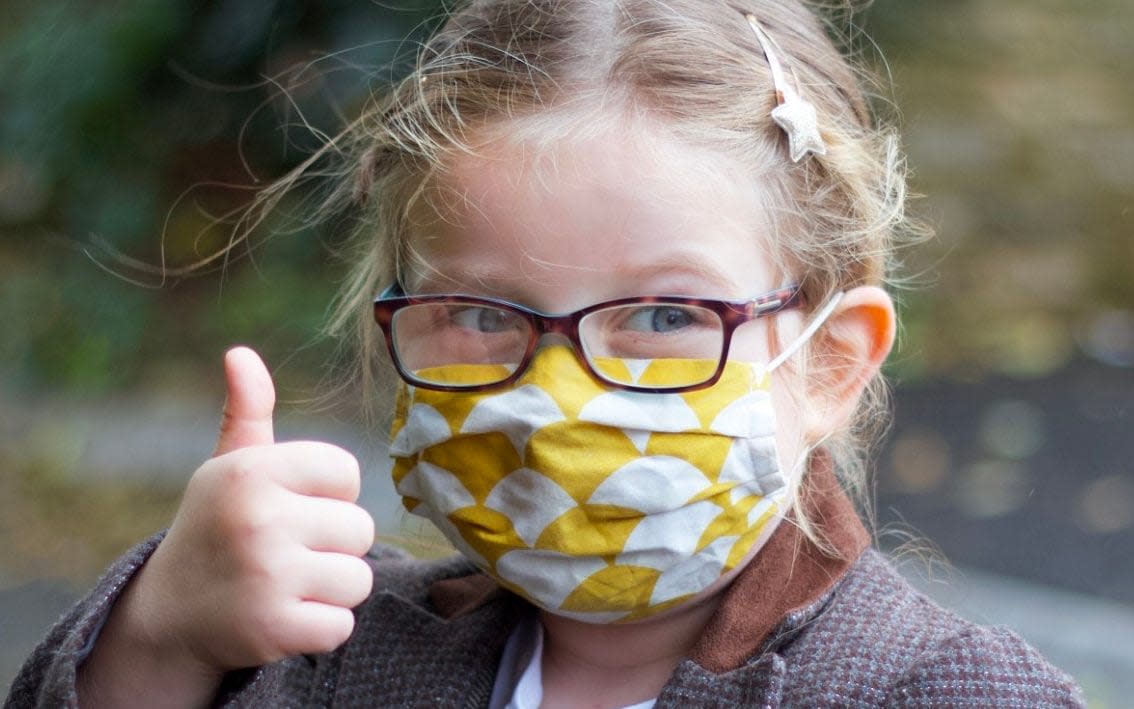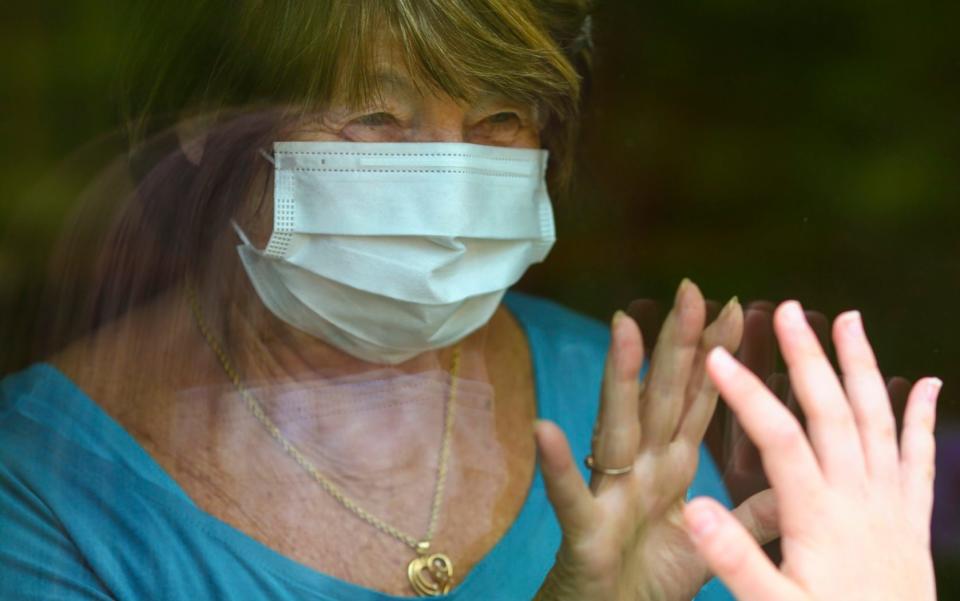Why children get milder Covid than the elderly

Children are better protected against Covid-19 because their nose cells produce more warning flags telling the body disease is present, British scientists have found.
From early on in the pandemic, it was noted that coronavirus posed little danger to children, yet could be lethal for older adults.
While the fatality rate was around 0.002 per cent for primary-aged children, it rose to nearly three per cent of 70-year-olds, while one in five infected 90-year-olds died from the condition.
To find out what was behind the disparity, researchers from University College London (UCL) took nasal samples from healthy children and adults of different ages.
After growing the cells into tissue that lines the nose, the team infected them with Covid-19 to see if there was a difference in how they reacted depending on age.
After the three days, the children’s cells had swung into action, producing interferon – a flag-like protein that tells the body that an invader is present and helps ramp up the immune system.
However, the same cells from older people were weaker in their signalling, allowing the virus to get a foothold more easily.

Dr Claire Smith, associate professor at UCL Great Ormond Street Institute of Child Health, the project lead, said: “Our research reveals how the type of cells we have in our nose changes with age, and how this affects our ability to combat Covid-19 infection.
“This could be crucial in developing effective anti-viral treatments tailored to different age groups, especially for the elderly who are at higher risk of severe Covid-19.
“Understanding the cellular differences at the initiation of infection is just the beginning. We now hope to investigate the long-term implications of these cellular changes and test therapeutic interventions.”
Covid-19 hijacks cells, using their internal machinery to produce more viruses.
The team found that in older people, the invaded cells produced more infectious virus particles and suffered more damage than the younger cells.
Experts said the strong early antiviral response might explain why young people experienced milder symptoms.
Children infected with Covid-19 rarely progress to respiratory failure, but the risk of mortality in infected people over the age of 85 remains high, despite vaccination and improving treatment options.
Dr Marko Nikolic, co-senior author, of UCL’s Division of Medicine, said: “It is fascinating that when we take away immune cells from nasal samples, and are only left with nasal epithelial cells grown in a dish, we are still able to identify age-specific differences in our body’s response to the Covid-19 between the young and elderly to explain why children are generally protected from severe Covid.”
The team said that future research could consider how ageing impacts the body’s response to other viral infections. The research was published in the journal Nature Microbiology.

